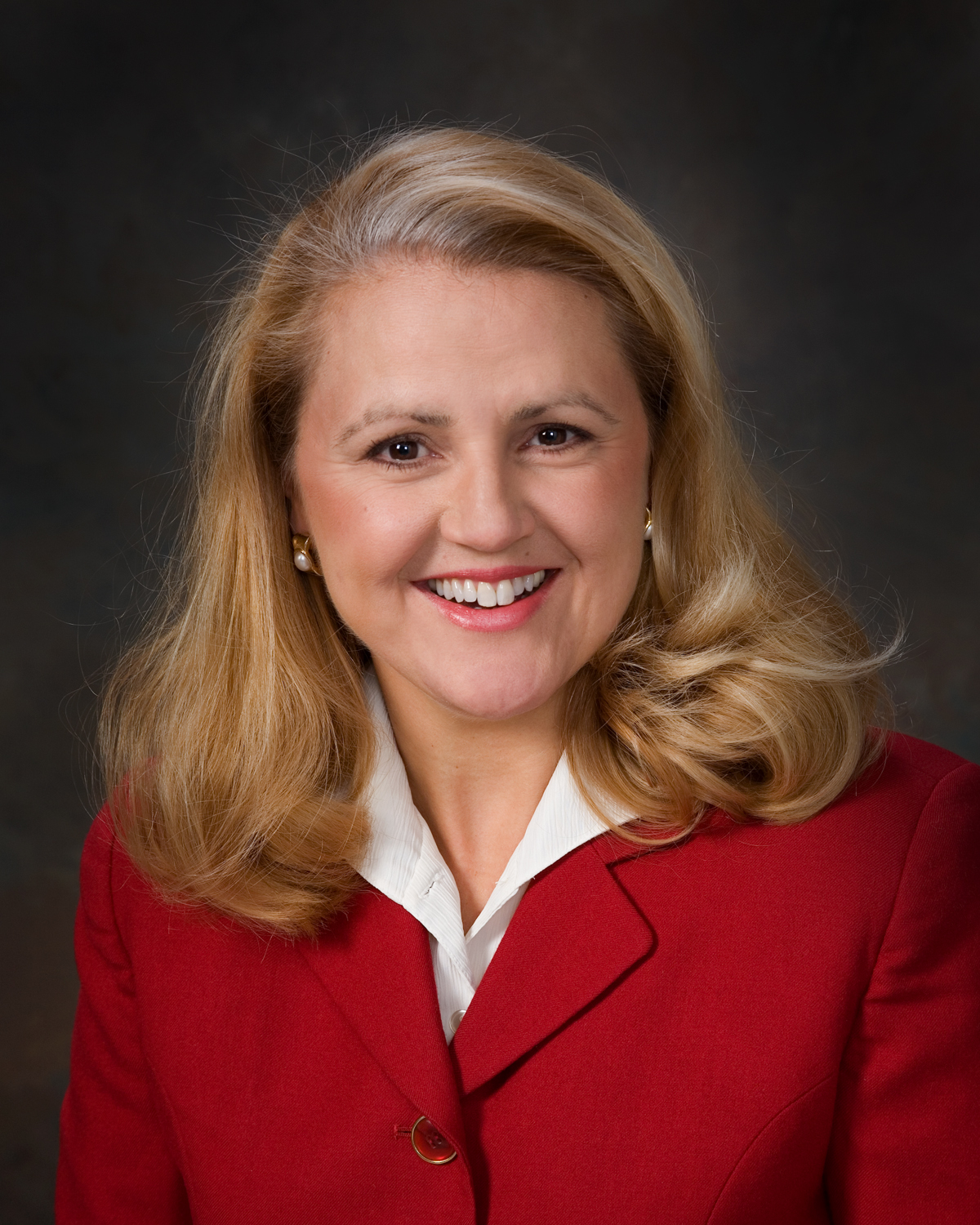Unemployment continues to be an authentic problem with a real unemployment rate at 14.3 percent in February which includes those who are underemployed.
The continuing uncertainty of tax policy and the rising costs and government mandates involving health care yields the fear of hiring amid these challenges.
Disproportionately, the economic recession of the last six years has made its harshest impact on new college graduates and those under 35 years of age. The Bureau of Labor Statistics shows the unemployment rates for ages 18-29 years are almost double that of other adults.
Many of these elements are outside the control of the average student graduating from college or working to earn their way.
However, one area that is certainly within the control of each worker, regardless of age, is the area of soft skills.
Soft skills are not the more easily taught and measured capabilities such as programming a computer, monitoring a machine's operations, or following a financial protocol.
Hard skills are observable, measurable and typically taught by one who's mastered the needed technique or capability. These skills are pretty fixed within a certain job or position.
Yet, it seems the real problem is "soft skills", those people skills that are practiced among family and friends but frequently never refined for the job setting. These aptitudes and attitudes are many times the items that may either prevent an opportunity or cost a job.
Recently, on business with several individuals in a large city, we encountered a young "professional" whose style destroyed her substance.
In a board room awaiting other people to join us, a paid intern who was in graduate school had difficulty focusing on the needs of the meeting while dealing with her apparel. During the almost 20-minute delay, her iPhone garnered a good deal of attention as her facial expressions changed visibly in response to either text messages or emails as they bounced into her cyberspace. Even after our meeting commenced, the 20-something in this major firm drew glares of frustration from our tardy business hosts.
Soft skills are our verbal and non-verbal skills of communication, which most importantly include listening; the ability to manage ourselves through time management; manners; self-confidence; teamwork; and the ability to move beyond a task list.
Most of these skills are never taught; they're developed in our daily habits and need to be "unlearned" and replaced with better communication, problem solving and a disciplined pattern of behavior yielding success.
Last summer, Gov. Bill Haslam traveled the state engaging in discussions about the need for workforce development to boost economic success and competitiveness. Granted, education, with a focus on college education, was the noted ingredient of success, yet these "soft skills" were identified by Tennessee companies as intangible but absolutely necessary for a skilled workforce.
Indeed, our nation's economy needs an infusion of pro-growth policies to unleash the potential to create jobs. Extracting the politicians who live their lives on the election calendar rather than within a business plan of five, 10 or 20 years would be most beneficial as well.
But, in the meantime, don't underestimate the value of these skills that will equip you in a competitive environment.
It is All Fool's Day almost every day in Washington, D.C. But, the joke's on those who ignore the value of soft skills.
Robin Smith served as chairwoman of the Tennessee Republican Party from 2007 to 2009. She is a partner at the SmithWaterhouse Strategies business development and strategic planning firm.

